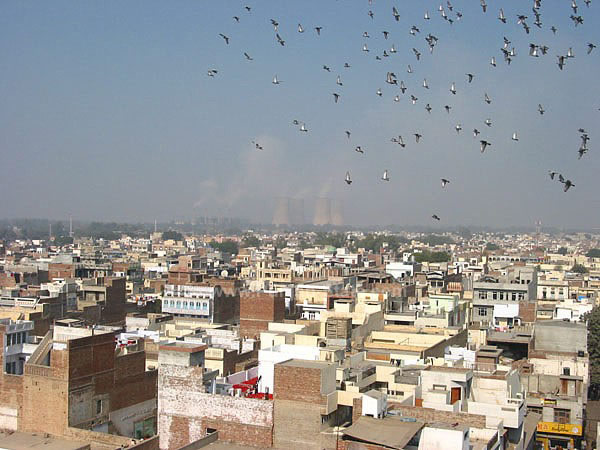Bathinda (also known as Tabar-e-Hind or Tabarhindh meaning the Gateway to India) is a city and Municipal Corporation in Southern part of Punjab, India. It is one of the oldest cities in Punjab, India and the current administrative headquarters of Bathinda District. It is in northwestern India in the Malwa Region, 227 km west of the capital city of Chandigarh and is the fifth largest city of Punjab. Bathinda's nicknamed the 'City of Lakes', courtesy of the artificial lakes in the city. The first empress of India, Razia Sultan was imprisoned in the Qila Mubarak fort in Bathinda.[1] The gurudwara and mazaar of Haji Rattan is a popular tourist centre of Bathinda having connections with popular legends.
Bathinda is a home of Central University of Punjab and upcoming AIIMS. Bathinda is home to two modern thermal power plants, Guru Nanak Dev Thermal Plant and Guru Hargobind Thermal Plant at Lehra Mohabbat.The city has a fertilizer plant,a large oil refinery, Bathinda is home of two cement plants, Ambuja Cements and UltraTech Cement Limited. A zoo, and a historic Qila Mubarak fort.Bathinda is one of the largest food grain and cotton markets in northern India; the area around Bathinda is a prolific grape growing area. It is one of the leading cities in education in Punjab.
History
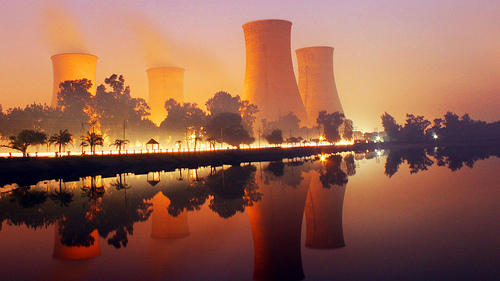
Bhatinda was changed to Bathinda to conform to the phonetical expression as locally pronounced.According to Henry George
Raverty, Bathinda was known as Tabarhindh (Labb-ut-Twarikh). The earliest mention of Tabarhindh occurs in the
Jami-Ul-Hakayat written about 607 Hijri or 1211 AD.
Bathinda is in the northwestern region of India and is a part of the Indo-Gangetic alluvial plains. The exact cartographic
co-ordinates of Bathinda are 30.20°N 74.95°E.It has an average elevation of 201 metres (660 ft).
Situated in the city of Bhatinda in Punjab, the Qila Mubarak is a monument of great historical importance. The presence
of the fort can be traced back to the period between 90 and 110 AD, and the Qila Mubarak is the oldest surviving fort in
India that is known to historians. This majestic piece of architecture merges perfectly with the surrounding desert area
and looks subtle and elegant. This is perhaps why the Qila Mubarak continues to be a significant tourist attraction in
Punjab till date.
Spread over a massive area of 40,000 sq. m, the rose garden is situated close to the thermal power plant in Bhatinda. The
garden, as the name suggests, is famous for its varied species of roses.
Nestled 10 km off the Cantonment area, this plant nursery maintained by the Forest Department is another popular picnic destination
for the locals as well as the tourists.
Surrounding the Chetak Lake in the Bhatinda Cantonment, this park is a perfect place for picnickers. It also offers water
boating and bird watching to its visitors.
A market hub in Bhatinda, the Dhobhi Bazar has an assortment of varied quirky items on display.
Situated 15 km off Bhatinda, this forest shelters an ancient Gurdwara where Shri Guru Nanak Dev delivered Shri Japuli
Sahibs - one lakh holy sermons. The 10th Sikh Guru, Guru Gobind Singh has also marked the holy place with his visit.
Another holy place for worship, the Mazaar of Peer Haji Rattan draws many pilgrims to the site.
The city has many prestigious school chains too - S.S.D. Senior Secondary School (Boys) is one of the oldest educational
institutes and many English medium schools have also come up in the city during the last 30 years. The city also has DAV
College which offers various Graduation and Post Graduation Courses.[18] St. Paul's High School is one and only school
affiliated to ICSE board. DAV Public School, Shri Guru Hargobind Convent School (Nathana), Delhi Public School and Police
Public School have opened their branches in the city. Many missionary schools are being run in the city, such as
St. Joseph's Convent Secondary School (found in 1960) and St. Xavier's Senior Secondary School. Bathinda is also a
famous coaching hub. There are very good coaching institutes for medical and non medical coaching. This is also developing
center for competitive examination like CAT, S.S.C. , Bank etc.
The Central University of Punjab Bathinda (Punjab) has been established through the Central Universities Act 2009 which
received the assent of the President of India on 20 March 2009. Its territorial jurisdiction extends to the whole State
of Punjab.
In 1004, Mahmud of Ghazni besieged the local fort, which was located on the route from the northwest into the rich Ganges
valley.
In 1189, Muhammad Ghori attacked and occupied the fort of Bathinda. Prithvi Raj Chauhan, the ruler of this region,
managed to recover possession of the fort thirteen months later in 1191 after the first battle of Tarain.
In 1634, a battle named Battle of Lahira (at Lahira in Bathinda) was fought between Guru Hargobind and Mughals.
In circa 1754, the town was conquered by Maharaja Ala Singh, the Maharaja of Patiala and since then it followed the
history of erstwhile princely state of Patiala. With the dawn of independence and merger of Patiala and East Punjab
States into a division called PEPSU, Bathinda become a full-fledged district with headquarters at Bathinda city.
Geography and Climate

Bathinda's climate correspond to semi arid with high variation between summer and winter temperatures. Average annual
rainfall is in a range of 20 mm to 40 mm.
In recent times, Summer temperaures of 49 °C (120 °F) and winter temperatures of 1 °C (about 33 °F) were not unknown in
Bathinda, lowest being -1.4 °C (29.48 °F) in the winter of 2013
Environment

There has been increasing incidence of various types of cancer in and around Bathinda. It is attributed to the presence
of polluting industries and the indiscriminate use of modern pesticides and other toxic materials in farming. A 2007
epidemiological study found that the surface waters of Bathinda are contaminated with arsenic, cadmium, chromium,
selenium and mercury primarily due to the discharge of untreated waste water from surrounding industries. Unscientific
farming practices, that emerged after the introduction of Green Revolution, are also alleged to be a reason for growing
incidence of not just cancer but also, high rates of spontaneous abortions, reproductive aliments, genetic deformities,
anaemia, diarrhoea, vomiting, fluorosis and a host of skin ailments including rashes and boils. Many young couples are
also reported to be migrating out to save their children from adverse effects. Hence the government has completely
banned the use of ground water in the city for drinking purposes.
Transportation
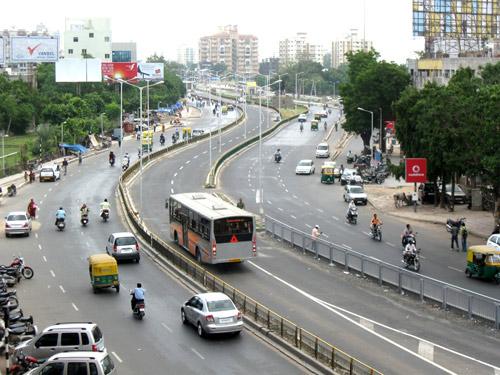
Bhatinda Railway Station has connectivity to most of the major cities in India. Three national highways, NH 7
(Fazilka - Badrinath National Highway) and NH 54 (Dabwali - Pathankot National Highway) and NH 148B Bathinda to Narnaul
pass through the city.
Tourists Places in Bathinda
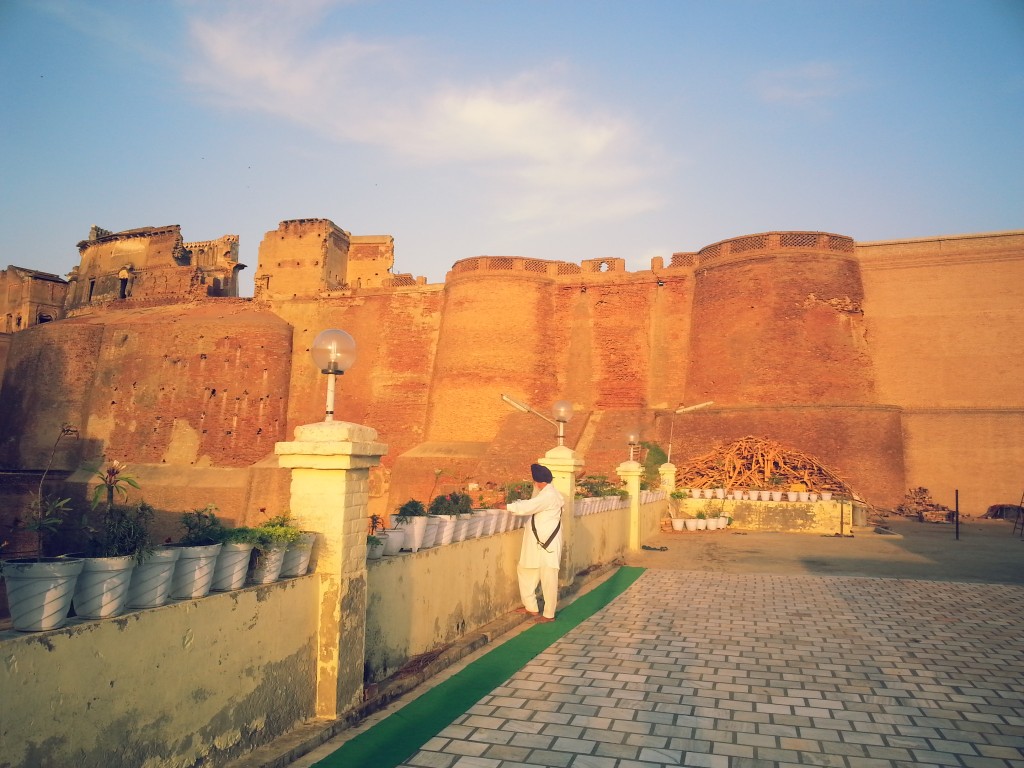
Qila Mubarak
The construction of the mighty fort took place during the reign of the Kushanas. The Kushana ruler of Northern India,
Kanishka had built this fort along with Raja Dab. Qila Mubarak has acted as a witness to numerous battles and invasions
that have shaken the state of Punjab for centuries. Since the opulent fort is located en route from the northwest, it was
also known as Tabar-e-Hind or the gateway to India. Owing to its robust structure, it served an essential role in the
defence strategies of Punjab.
Razia Sultana, the first lady ruler of the Delhi Sultanates, was kept imprisoned in this fort after she was defeated and
dethroned. Guru Gobind Singh, the tenth guru of the Sikhs, had also visited this place. These historical associations
make the Qila Mubarak a place of particular interest, especially amongst history lovers. Moreover, some people choose
this site as a picnic spot as well. Due to the calm and serene atmosphere of the fort, this is a great place to pass your
time during your stay in Bhatinda.
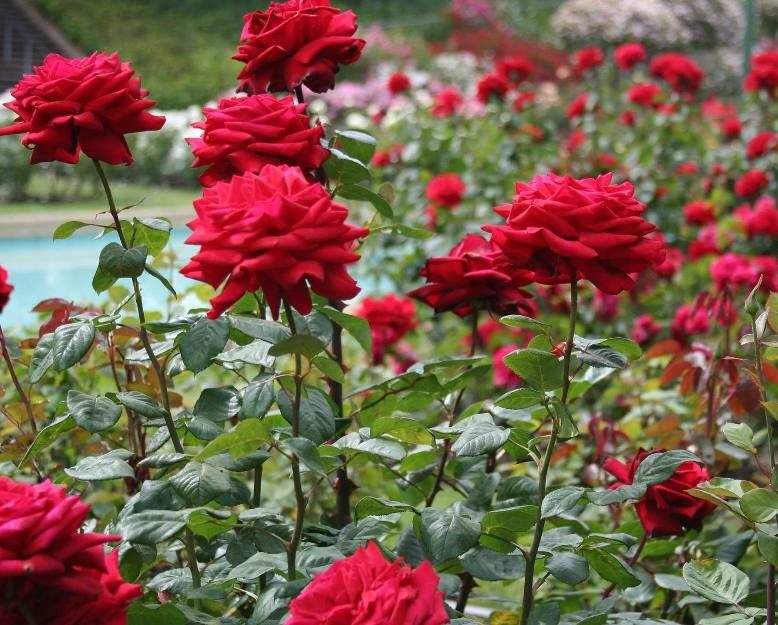
Rose Garden
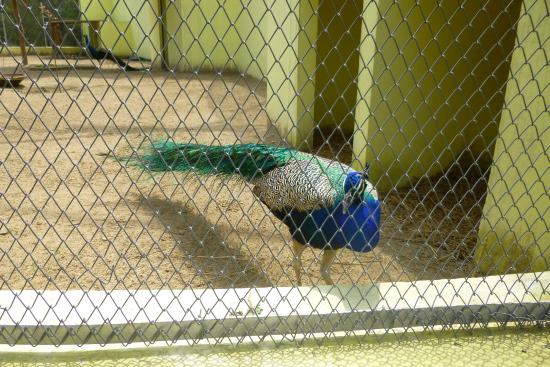
Zoological Garden
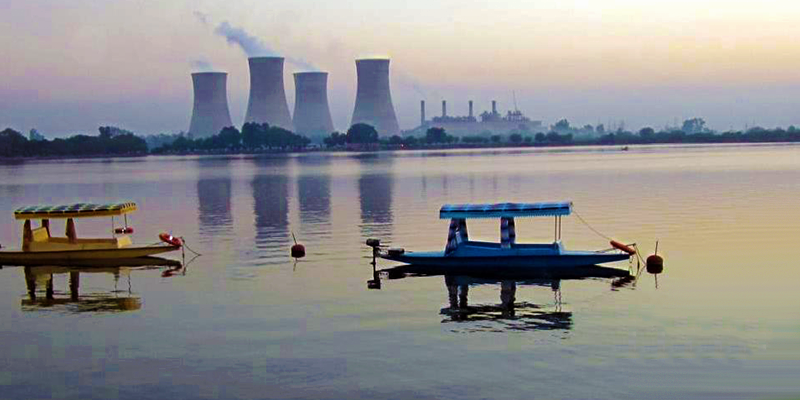
Chetak Park
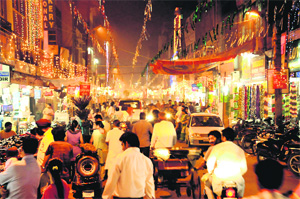
Dhobhi Bazaar
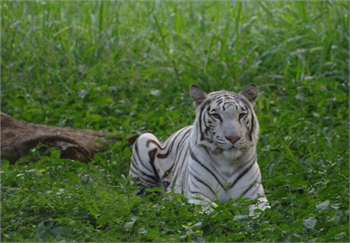
Lakhi Jungle

Mazaar of Peer Haji Rattan
Education
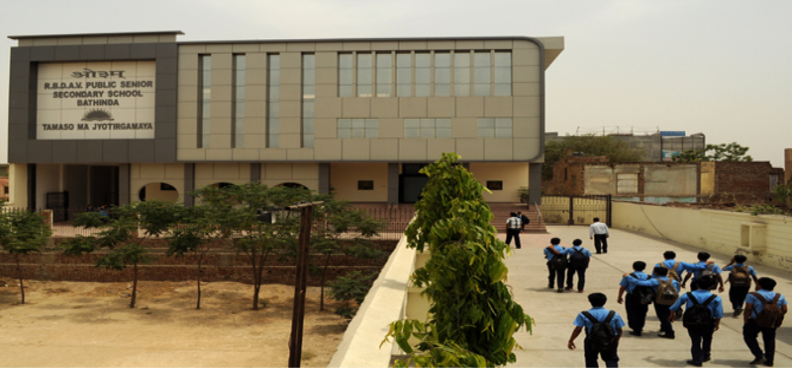
School Education
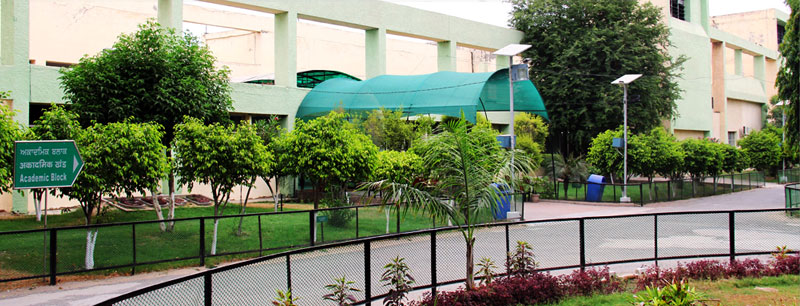
Central University of Punjab
It started its functioning from Camp Office in April, 2009, which happens to be the residence of the Vice Chancellor, and
from November 2009 it shifted to its City Campus spread over an area of 35 acres. Construction of the main campus has
started on 540 acres of land in Ghudda Village (21.5 km from Bathinda ISBT) on Badal Road. Engineers India Limited, a
Navratna Public Sector Undertaking, is providing PMC services for the project.
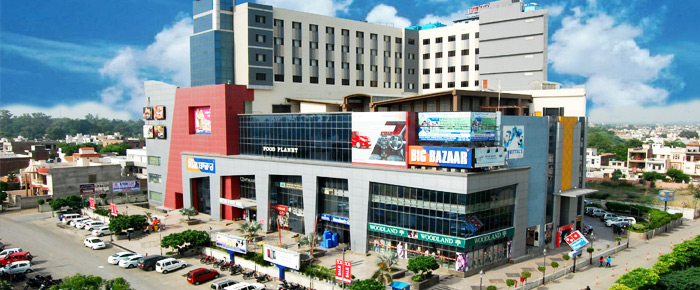
Shopping and Entertainment Center
